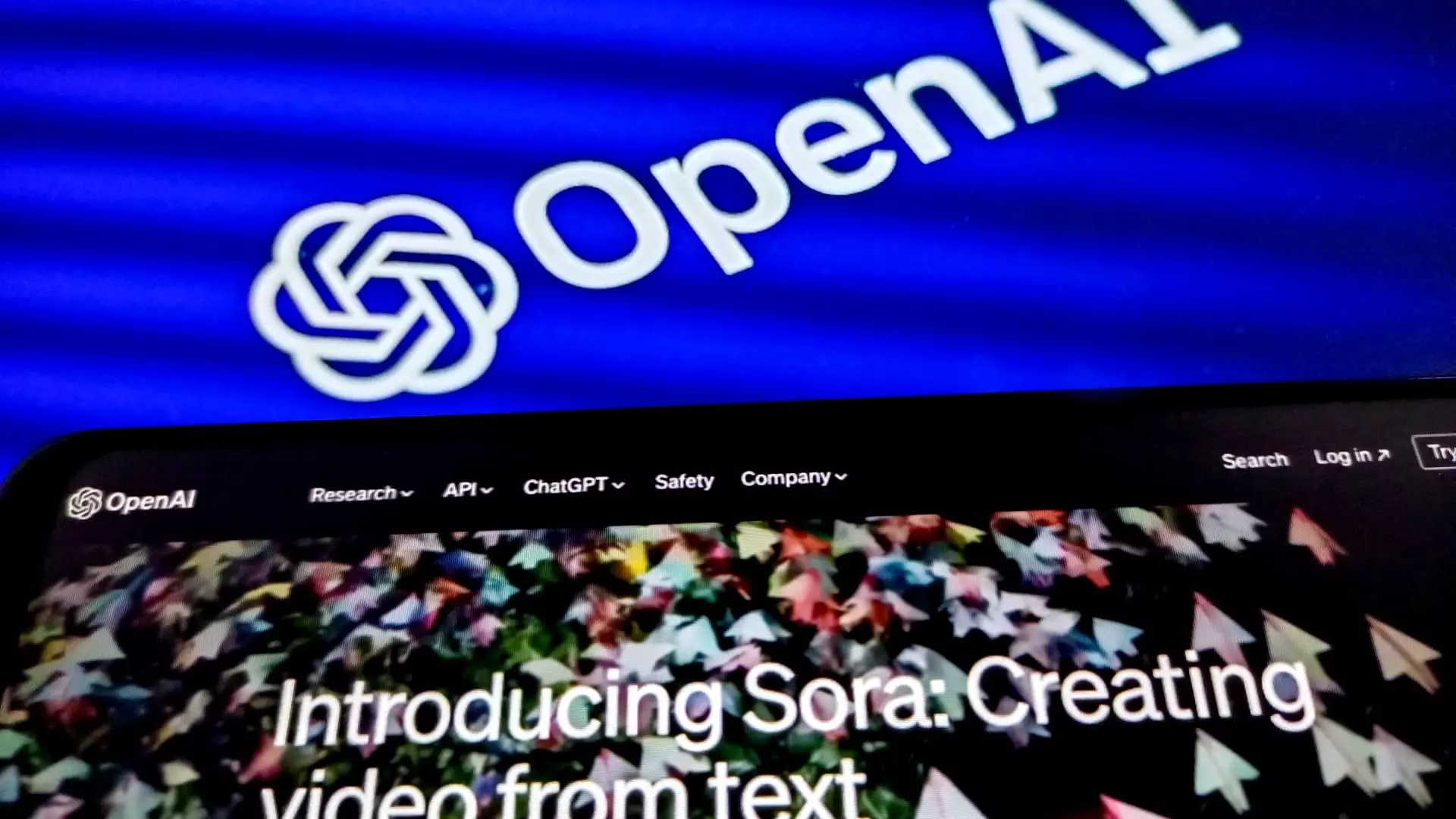The landscape of artificial intelligence (AI) investment is evolving significantly, with Middle Eastern sovereign wealth funds stepping into the limelight. Nations like Saudi Arabia, the United Arab Emirates (UAE), Kuwait, and Qatar are leveraging their oil-generated wealth to invest in technology as part of broader economic diversification strategies. This shift not only represents a new era of funding for AI firms but also hints at a recalibration in the global investment landscape as these sovereign funds become indispensable players in Silicon Valley.
Historically, the economies of the Gulf Cooperation Council (GCC) states have been heavily reliant on oil revenue. However, rising global energy prices have prompted these nations to rethink their economic strategies. Their approach is now multifaceted, with technology investments acting as a hedge against reliance on oil. Reports from Pitchbook indicate that the last year alone has seen sovereign investments in AI firms swell fivefold, reflecting an urgent need to remain competitive and relevant in the rapidly evolving tech landscape.
Moreover, initiatives like Saudi Crown Prince Mohammed bin Salman’s “Vision 2030” aim to establish a post-oil economy. The Saudi Public Investment Fund (PIF), now valued at approximately $925 billion, serves as a critical instrument in this vision, investing in a diverse portfolio that spans sectors including entertainment and sports, alongside high-stakes technology ventures.
The financial capabilities of these sovereign funds are staggering, with several involving themselves in high-profile funding rounds. For example, the UAE’s MGX has entered the fray with a keen interest in investments like those in OpenAI’s recent funding round, which is projected to elevate the company’s valuation to an astonishing $150 billion. The impressive capital reserves of these funds allow them to secure significant equity stakes in AI firms, a feat that often proves challenging for traditional venture capitalists due to their comparatively limited capital.
Sovereign funds’ financial muscle can offer them competitive advantages, especially amid a market rife with emerging tech ventures. The heightened interest in AI has seen investments from the likes of Mubadala, which controls $302 billion in assets, and the Abu Dhabi Investment Authority, boasting $1 trillion under management. These investments aren’t mere financial transactions; they align with broader technological aspirations and infrastructure development.
The partnerships formed between these sovereign funds and established tech giants underscore the collaborative nature of current investment trends. MGX’s recent collaboration with industry heavyweights like BlackRock and Microsoft aims to raise as much as $100 billion for crucial AI infrastructure such as data centers. These alliances are indicative of a shared vision within the investment community, one that recognizes AI’s pivotal role in shaping future business landscapes.
Further emphasizing their commitment to AI, the Saudi PIF’s consideration of a significant partnership with renowned U.S. venture capital firm Andreessen Horowitz illustrates an eagerness to foster ties within the global tech ecosystem. However, despite this eagerness, apprehensions linger regarding some Middle Eastern nations’ human rights records, which can indeed deter Western tech companies from engaging with them.
The increasing trend of Middle Eastern sovereign wealth funds pouring capital into Western tech industries has sparked discussions around its geopolitical and economic implications. From an American perspective, encouraging investment from these funds is a strategic priority that aims to mitigate potential capital influx from global adversaries, particularly in the context of rising tensions with nations like China.
Nonetheless, concerns echo through the corridors of Silicon Valley regarding the effect of such significant capital injections. Analogous to the SoftBank Vision Fund’s impact, which has often inflated valuations and led to unsustainable business practices, stakeholders are cautious about the potential pitfalls of excessive cash flow. Businesses like WeWork exemplify what can happen when inflated valuations meet market realities too far removed from sustainable business models.
Middle Eastern sovereign wealth funds are transforming the AI investment landscape with their significant financial capabilities and strategic aspirations. This new influx of capital not only heralds a shift in how technology is financed but also illustrates a broader ambition to embed these nations more deeply into the global economic fabric. As they navigate this complex terrain, understanding the dynamics between investment, economic diversification, and geopolitical concerns will be crucial. The coming years promise to be defining for both the sovereign funds and the tech ecosystem they are eager to engage with.


Leave a Reply